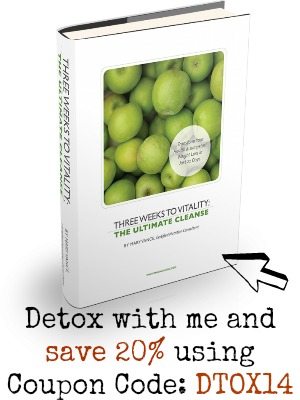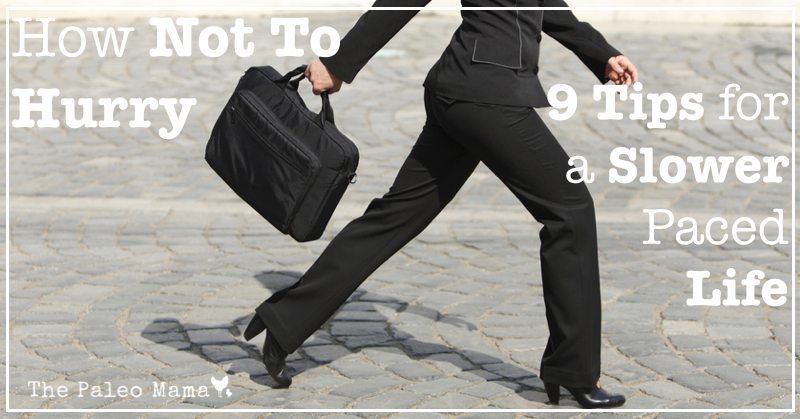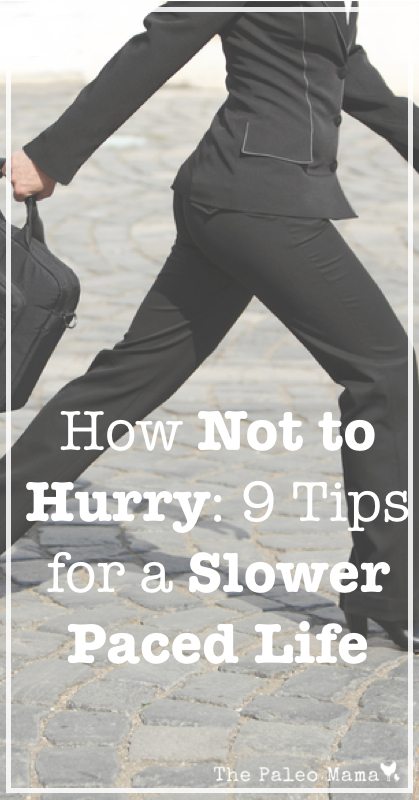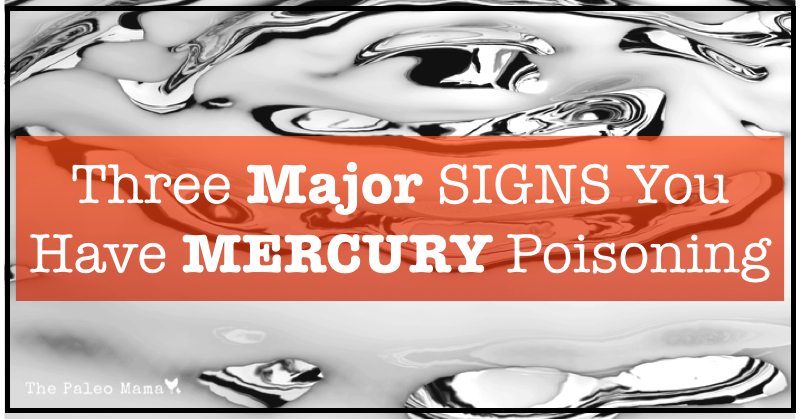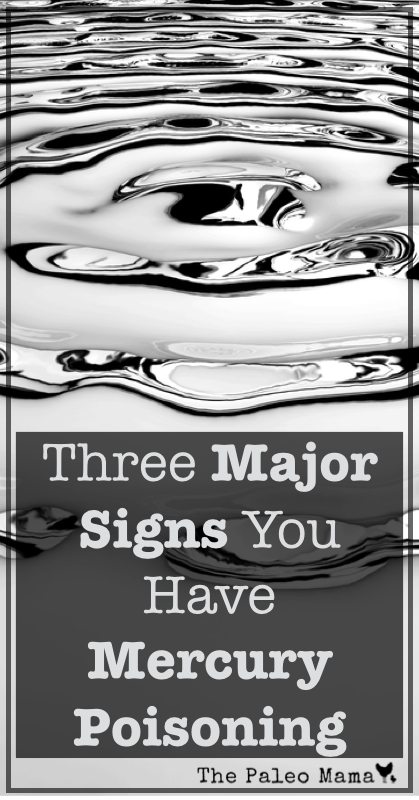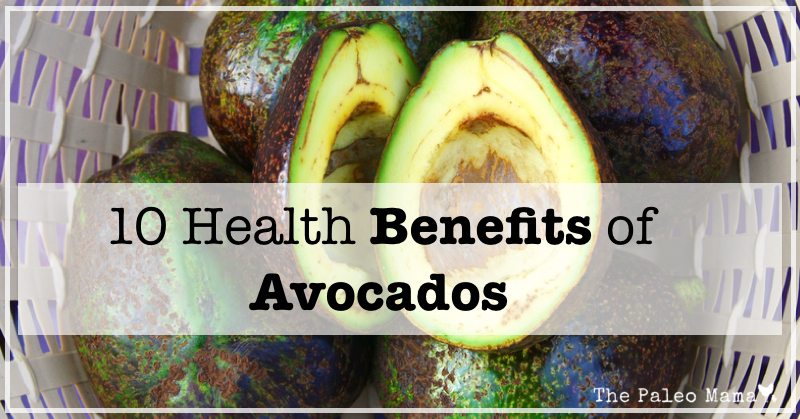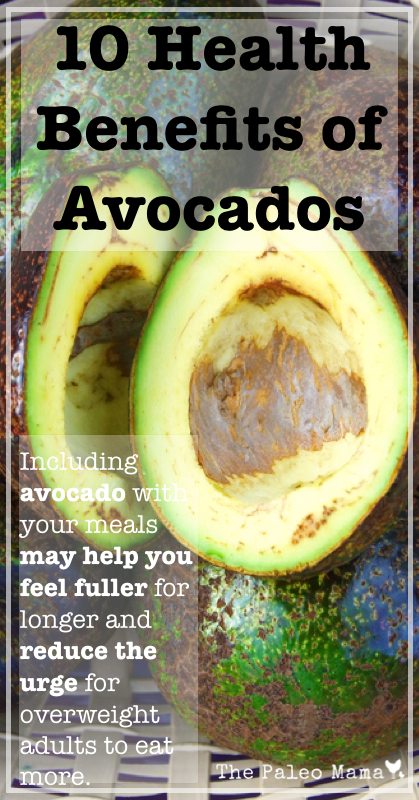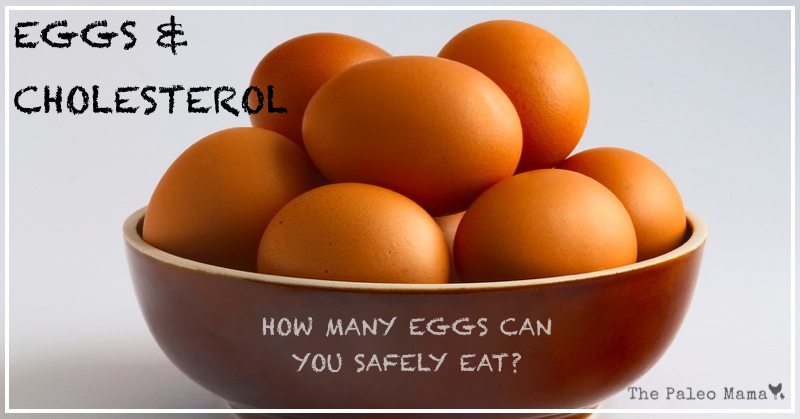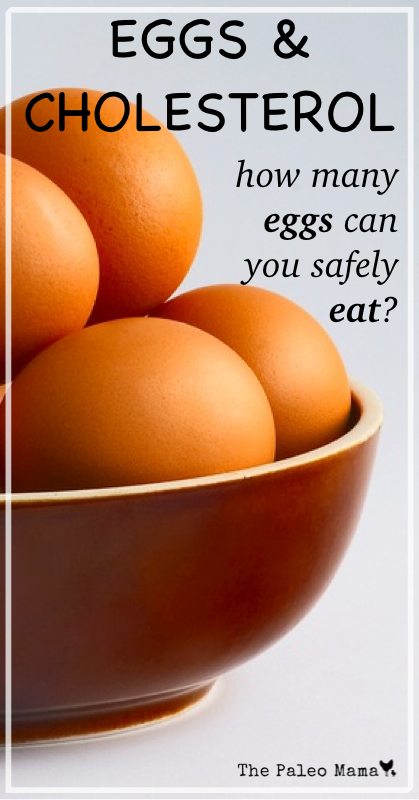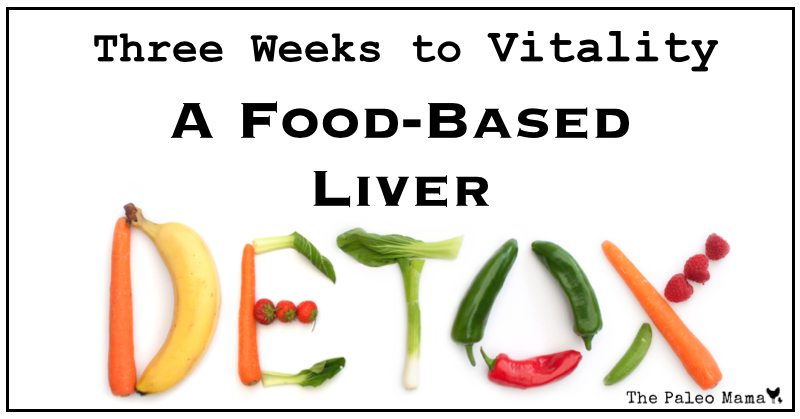
If you follow me on my Facebook page, you saw that I announced I was starting a 21 day liver detox on Monday, February 17. For the past five years, I have been eating healthy, whole foods and every year I have done some sort of “detox”. I’ve done a few Whole 30’s and a 21 Day Sugar Detox before. And while those have been great for kicking my weight loss in gear and getting me to focus on eating 100% Paleo, I really felt like I needed something that really cleansed my liver and got rid of, any and all, toxic build-up.
Why Do I Need a Detox?
- I’ve gained 5 lbs since Christmas
- I have a really hard time going to bed at night. And when I do fall asleep, I wake up every hour.
- I have been getting a lot of headaches lately
- I’ve had a lot of stress in my life
- I have become too dependent on coffee and I drink too much.
- I have 3pm energy crashes and usually make more coffee or grab chocolate
- My cravings are out of my control
- I need mental clarity to process a few life events
Why Everyone Needs a Detox
Mary Vance, certified nutrition consultant, and author of the book, Three Weeks to Vitality: The Ultimate Cleanse writes:
We are exposed to thousands of toxic chemicals, heavy metals and other poisons from our air, water and food supply. A recent study showed that 100 percent of human fat cell biopsies show elevated levels of known toxins. These include toxins in your home, fumes from your car, cleaners you use around the house. Add to this the ever-growing list of toxins we consume, including artificial sweeteners, MSG, caffeine, medications, alcohol, corn syrup, hydrogenated fats, and nicotine. Fast food consumption is at an all-time high, and we abuse our bodies with Venti-sized stimulants in the mornings and sedatives (from wine to sleeping pills) at night.
Your liver is charged with detoxifying every single thing you breathe, eat, drink and apply to your skin. It has a total threshold for the amount of toxins they can effectively process and excrete. When this threshold is exceeded due to stress, poor diet, alcohol, tobacco, drugs, and exposure to household and environmental chemicals, toxins build up in our body and cause symptoms such as weight gain, fatigue, headaches, irritability, anxiety, constipation, heartburn, PMS, infertility, and insomnia. This is called toxic overload.
Toxic overload creates an acidic environment and has been implicated in a number of diseases, including cardiovascular disease, cancer, chronic fatigue, allergies, skin conditions, asthma, mental illness, hypertension, gastritis, kidney disease and obesity.
Studies are beginning to reveal that toxic overload contributes to more serious conditions such as autoimmune diseases, inflammatory/rheumatoid arthritis, and neurological disorders such as Alzheimer’s and Parkinson’s.
Positive Benefits of Cleansing (Detoxing):
The good news is that we can help our body unload the toxins that are built-up by doing a holistic cleanse or detoxification program. By eliminating our expose to processed foods and chemicals, along with liver-supportive herbs and foods that support our body’s detox pathways, we can lower our total toxic load, reduce unpleasant symptoms that we have day-to-day, and experience renewed clarity, vitality, and longevity!
Expect the Following Things to Disappear:
- Weight loss resistance
- Digestive problems
- Bad Breath
- Fatigue
- Irritability
- General Malaise
- Constipation
- Headaches
- Itchy Skin
- Skin Rashes
- Joint Pain
- Poor Concentration
- Insomnia
I have chosen to go with a whole foods based diet. I’ve seen some crazy detox diets going around and nothing feels right about these. Mary Vance’s Three Weeks to Vitality is one of the BEST detox programs I have seen. I have chosen her program because it allows clean proteins, healthy fats, lots of vegetables, and limited fruit.
Three Weeks to Vitality Includes the Basic Detox Diet + Any Combo of the Below Therapies:
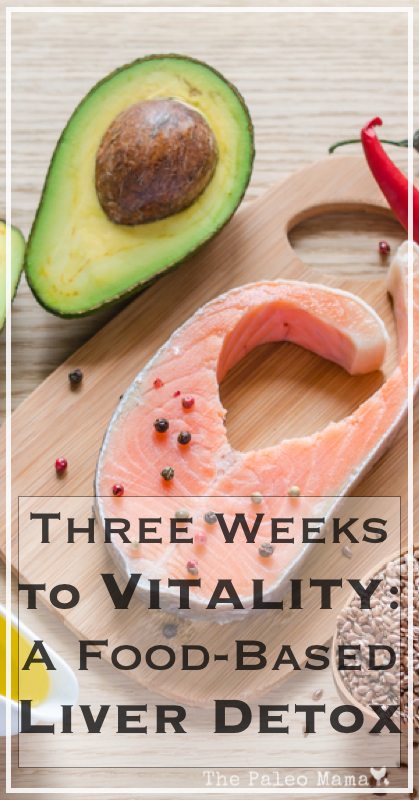
- Basic Detox Diet – this is a diet that consists of no gluten, dairy, eggs, corn, processed soy, alcohol, refined sugar or coffee
- Cleansing Smoothie – recipes in program guide
- High Quality Liver Cleansing Herbal Tincture (where to buy)
- Green Superfoods (where to buy)
- Probiotics (where to buy)
- Exercise, Yoga, Stress Relief
- Sauna
- Elimination
- Dry Skin Brushing (where to buy a brush)
- Epsom Salt Baths (read my post on how to take a detox bath)
- Rest & Relaxation
What to Expect from Three Weeks to Vitality:
Phase One “Pre-Cleanse Week” (Days 1-7) – This is when you begin cleaning up your diet, cutting down on coffee and getting rid of booze, refined sugar, and nicotine. You will want to use the program guide to help you plan out your meals and start increasing your vegetable intake. Vance recommends you start using a liver tonic (where to buy) that you can buy from your health food store, however, this is optional.
Phase Two (Days 8-21) – You continue with the detox diet throughout this phase. Your consumption of coffee should be down to none if you followed the program guide on how to wean off coffee in the first phase. Replacing your coffee with green tea (like this one) or a herbal coffee (where to buy) is fine. In this phase you can now start adding a cleansing smoothie for 1-2 meals. Vance recommends that you add a clean vegan protein powder (I choose a hemp powder), a super foods green powder (I got this one) and other optional things for therapeutic benefits (maca powder, chia seeds, flaxseeds, coconut milk, organic turmeric, bee pollen, almond butter, cocoa powder)
Conclusion and Call to Detox:
I’m not going to go farther in depth with the diet, because you need to buy the program guide to get the full benefit of what this cleanse is all about. Three Weeks to Vitality, also, includes sample menus and lots of recipes to help you with this detox.
Personally, I do good with something like this that tells me exactly what to eat. I plan on planning EVERY meal out and keeping a food journal and writing down my feelings and emotions. I am going to be doing yoga a few times a week and walking several times a week. My goal is to get some mental clarity through this detox and look internally and not be scared of my feelings and emotions. I’ll be doing some guided meditation each morning before I start my day.
I will, also, be turning EVERY electronic device off an hour before I go to bed. I will use the hour before I want to sleep to do a hobby or to read a book.
I really want to encourage you to do this with me. Three weeks of your entire year is not that much and this detox will reset your body completely. You will be able to notice things about your body that you couldn’t see before because it was masked. So, don’t wait any longer!
Mary Vance has offered my readers a 20% discount on Three Weeks to Vitality!
Use coupon code: DTOX14 when you order (exp 3/14/14)!
Click here to order and start your detox!
